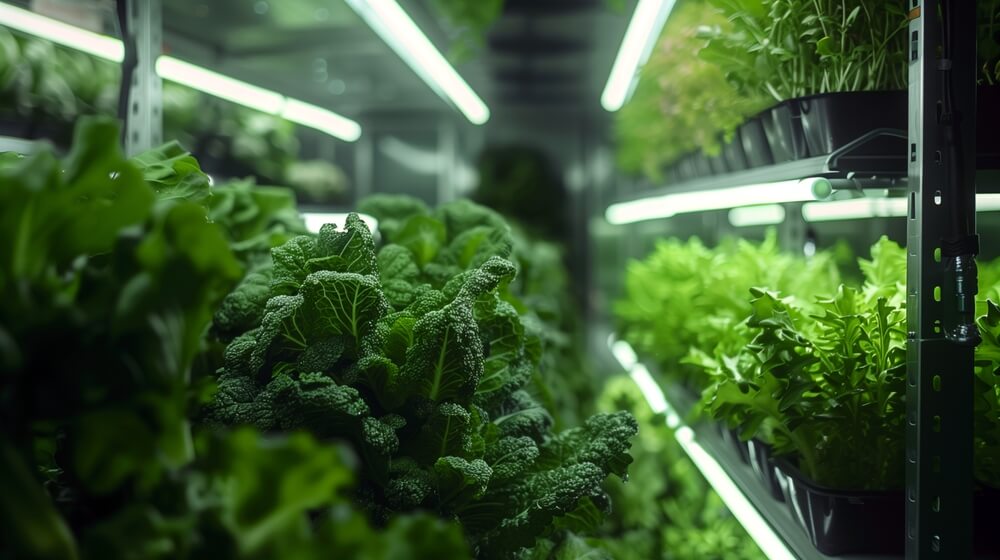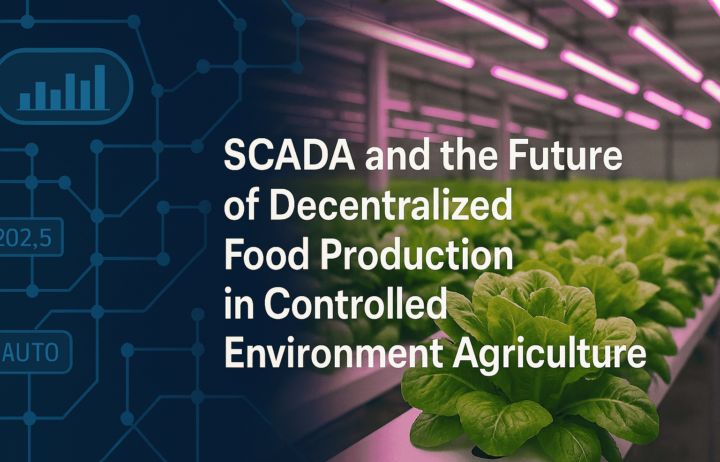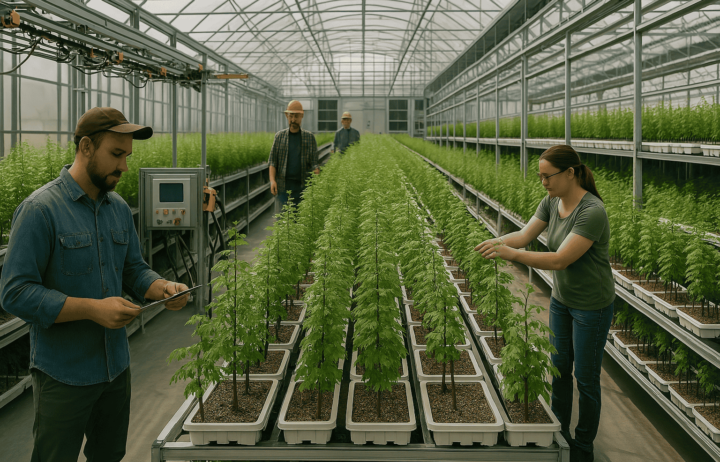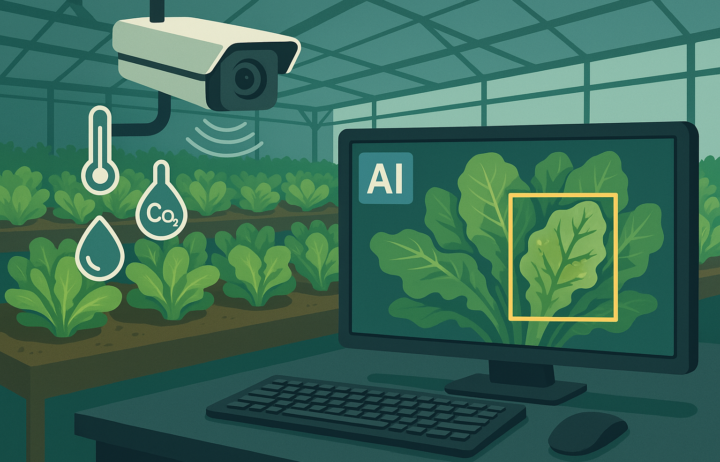
Sustainable Farming Practices: The Environmental Impact of Commercial Vertical Farming
Vertical farming is revolutionizing agriculture by addressing some of traditional farming methods’ most pressing environmental challenges. The need for better food production strategies becomes increasingly critical as the world population grows and urban areas expand. Commercial vertical farming offers a solution by enabling year-round, high-yield crop production with significantly reduced environmental impacts.
Reduced Land Use
One of the most significant environmental benefits of vertical farming is its minimal land requirement. Traditional agriculture relies on vast tracts of arable land, leading to deforestation, habitat loss, and biodiversity decline. In contrast, vertical farming stacks crops in multiple layers within controlled indoor environments, dramatically reducing the need for land.
This space-efficient method allows for food production in urban areas, repurposing commercial buildings, and reducing the pressure on natural ecosystems.
Lower Carbon Emissions
Vertical farming also contributes to lower carbon emissions compared to traditional farming. Conventional agriculture is a big contributor to greenhouse gas emissions because of the extensive use of fossil fuels for machinery, transportation, and the production of synthetic fertilizers. Vertical farming, however, localizes food production, reducing the need for long-distance transportation and associated emissions. Vertical farms cut down on the carbon footprint linked to food distribution by growing food closer to consumers.
Advancements in technologies, such as LED lighting and renewable energy sources, make vertical farming more sustainable. Although energy consumption remains a challenge, ongoing innovations are continuously reducing the energy demands of vertical farming systems, moving them closer to being entirely eco-friendly.
Pesticide-Free Crop Production
Another critical advantage of vertical farming is being able to grow crops without using harmful pesticides. Traditional farming often relies heavily on chemical pesticides to protect crops from diseases and pests, leading to soil and water contamination and harm non-target species. In a vertical farm, the controlled indoor environment minimizes the risk of pest infestations, virtually eliminating the need for pesticides. This results in healthier crops and protects surrounding ecosystems from chemical pollution.
Water Conservation
Water scarcity is a growing concern, with traditional agriculture accounting for about 70% of global freshwater withdrawals. Vertical farming addresses this issue by utilizing hydroponic, aeroponic, or aquaponic systems, which use up to 95% less water than traditional farming methods. These closed-loop systems recycle water and nutrients, significantly reducing waste and promoting sustainable water use.
Enhancing Food Security
Vertical farming can also enhance food security by enabling consistent, year-round fresh produce production. This is especially important in areas with harsh climates, limited arable land, or high population densities. By growing food locally, vertical farms reduce dependency on external suppliers and increase the resilience of food systems. This supports local economies and ensures that communities can access fresh, nutritious food regardless of external conditions.
Commercial Vertical Farming Solutions
Commercial vertical farming represents a paradigm shift in agriculture, offering a sustainable alternative to traditional farming methods better suited to meet the challenges of the 21st century. With reduced land use, lower carbon emissions, pesticide-free crop production, and water conservation, vertical farming will be crucial in securing a sustainable and resilient food future.
At NuLeaf Farms, we continue to innovate and expand the capabilities of vertical farming. As a result, the environmental impact of our food production systems will continue to improve, contributing to a healthier planet for future generations.
NuLeaf Farms: Leading the Charge in Sustainable Indoor Agriculture
NuLeaf Farms exemplifies the potential of vertical farming to transform agriculture into a more sustainable and environmentally friendly industry. By offering innovative commercial vertical farming solutions, we provide businesses with the tools to produce fresh, pesticide-free, locally sourced food year-round. Our systems are designed to maximize space efficiency, conserve water, and reduce carbon emissions, making them ideal for urban areas, remote communities, and commercial spaces.








